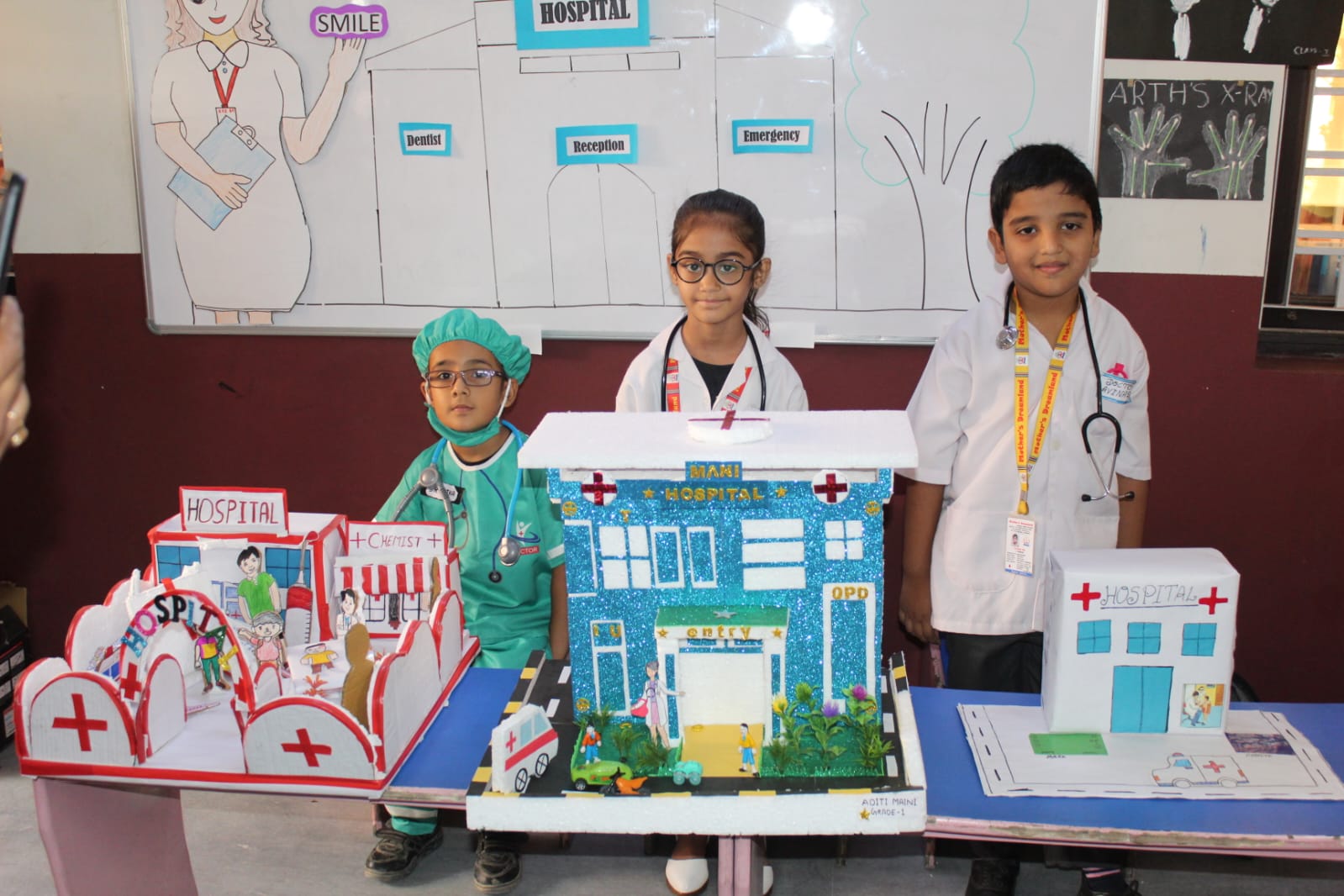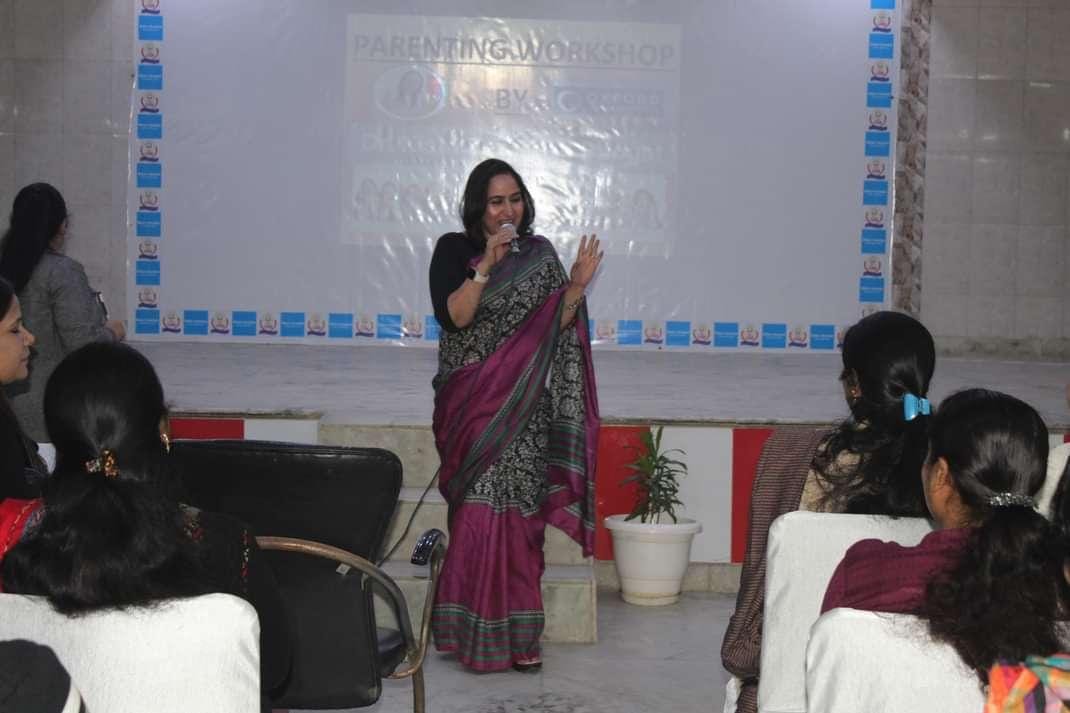
Early years foundational stages in education focus on the crucial period of a child's development before formal primary education begins. The curriculum and development strategies during this stage aim to foster a holistic approach, addressing cognitive, social, emotional, and physical aspects of a child's growth. Here are some key elements typically associated with early years foundational stages:
Early years education often emphasizes play as a primary means of learning. Play activities help children develop essential skills, including problem-solving, creativity, communication, and social interaction.
The curriculum focuses on creating a supportive and nurturing environment to foster social and emotional skills. This includes building relationships, developing empathy, and managing emotions.
Early literacy is introduced through storytelling, rhymes, and interactive activities. Children are encouraged to express themselves verbally and develop early language skills.
Basic numeracy concepts are introduced through activities that involve counting, sorting, and recognizing patterns. These activities provide a foundation for later mathematical learning.
Motor skills are a crucial aspect of early childhood development. Activities that promote both fine and gross motor skills, such as drawing, cutting, running, and jumping, are integrated into the curriculum.

This component focuses on teaching children about themselves, their relationships with others, and the importance of a healthy lifestyle. It may include topics like personal hygiene, nutrition, and understanding emotions.
Cognitive Development: Early cognitive development involves stimulating children's curiosity and problem-solving skills. Activities may include puzzles, simple science experiments, and activities that encourage critical thinking .

Collaboration between educators and parents is often emphasized during the early years. Parents are encouraged to actively participate in their child's learning journey, and communication between home and school is crucial.
The NCF aims to foster holistic development by addressing cognitive, emotional, social, and physical aspects of a child's growth. It encourages an inclusive and child-centered pedagogy.
The NCF recognizes the importance of integrating arts into the curriculum to enhance creativity, self-expression, and aesthetic sensibilities. Art activities, including visual arts, music, dance, and drama, are seen as integral to the overall learning experience.
The framework promotes activity-based learning approaches to make education more engaging and meaningful for young learners. Hands-on activities, experiments, and projects are encouraged to facilitate better understanding and retention of concepts.
The NCF emphasizes inclusive education, ensuring that the curriculum and teaching methods cater to the diverse needs of all students, including those with special needs.
The framework encourages the incorporation of local culture, context, and experiences into the curriculum. This helps make education more relatable and meaningful for students.
The NCF promotes a continuous and comprehensive evaluation system, moving away from a heavy reliance on exams. Assessment is intended to be formative, providing feedback for both teachers and students to improve the learning process.
The NCF emphasizes the importance of language development in the early years. It recognizes the role of language not only as a tool for communication but also as a means of cognitive development.
The framework encourages the development of critical thinking skills and problem-solving abilities among students. It aims to move beyond rote learning and promote a deeper understanding of concepts.
Teachers should possess the necessary qualifications and training in pedagogy. Continuous professional development programs for teachers to stay updated on the latest educational methodologies and content .
Use of interactive and participatory teaching methods that engage students in the learning process. Incorporation of hands-on activities, group discussions, and projects to promote experiential learning.
A well-designed curriculum that covers a broad range of subjects and fosters holistic development, including academic, social, emotional, and physical aspects. Integration of arts, sports, and vocational education to provide a balanced education.
An inclusive approach that caters to the diverse needs of students, including those with different learning styles, abilities, and backgrounds. Special education services and support for students with special needs.
A well-designed curriculum that covers a broad range of subjects and fosters holistic development, including academic, social, emotional, and physical aspects. Integration of arts, sports, and vocational education to provide a balanced education.
Use of educational technology to enhance teaching and learning experiences. Access to digital resources and tools that support individualized learning.
Creation of a safe and supportive school environment that promotes positive behavior and well-being. Implementation of anti-bullying measures and strategies to address social and emotional challenges.
Collaboration between parents and teachers to support students' learning and development. Regular communication between schools and parents to keep them informed about their child's progress.
Adequate physical infrastructure, including well-equipped classrooms, libraries, laboratories, and recreational areas. Availability of up-to-date educational resources, textbooks, and technology tools.
Engagement with the local community to create a supportive educational ecosystem.Collaboration with community organizations and businesses for additional learning opportunities.
Integration of life skills education to equip students with essential skills such as critical thinking, communication, collaboration, and problem-solving.
Flexibility in the curriculum to accommodate diverse learning needs. Differentiated instruction to address individual learning styles and pace.